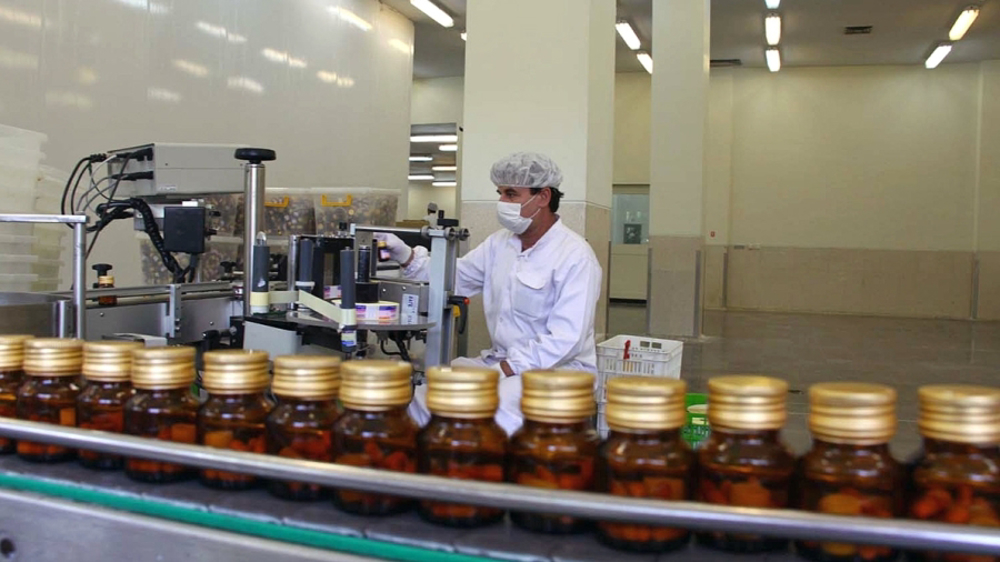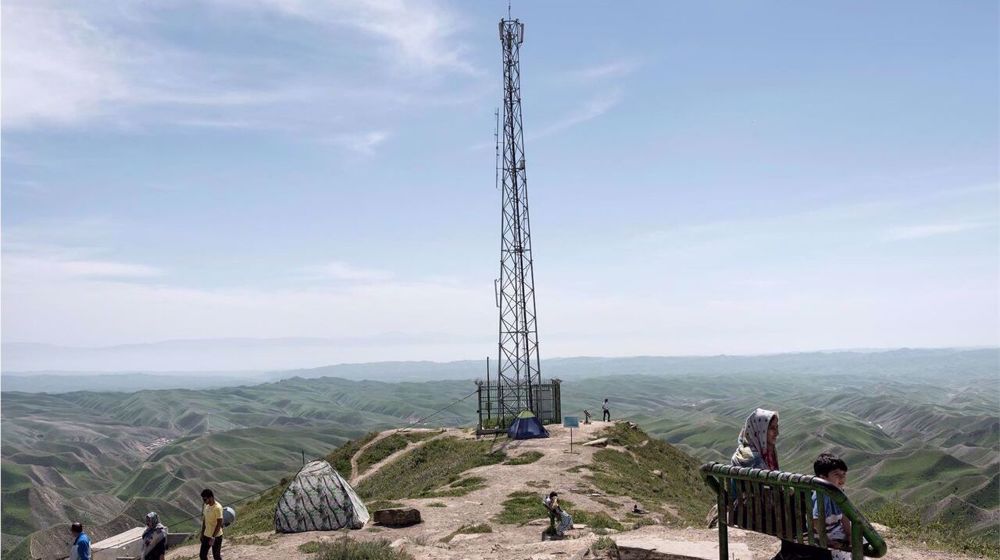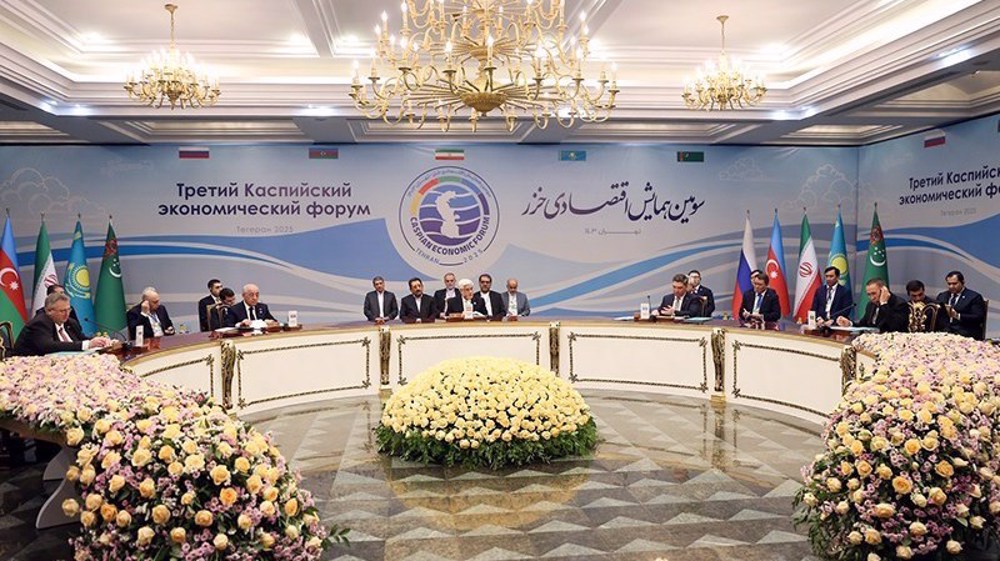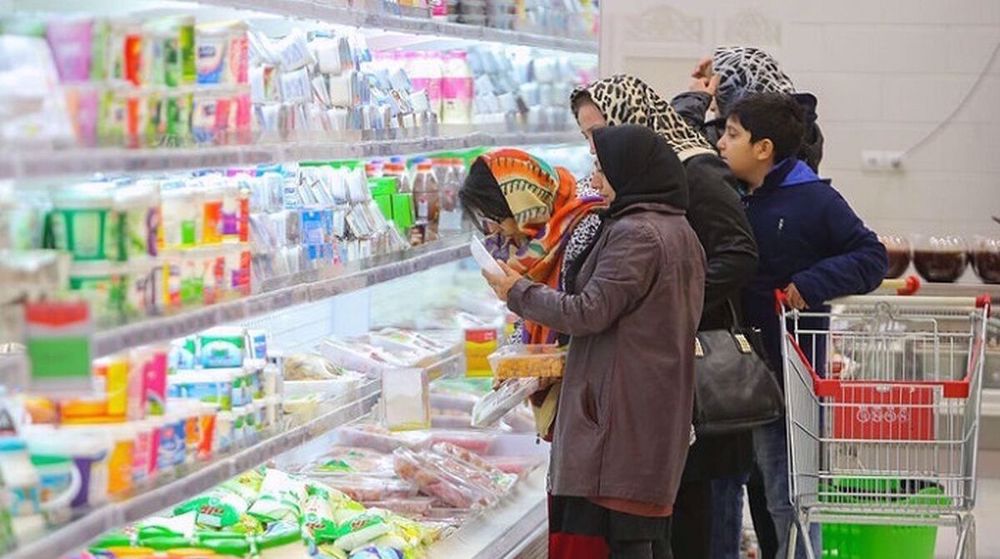Iran poised to become world’s third pharmaceutical power
Iran's pharmaceutical industry has gone through a fundamental transformation since the Islamic Revolution, moving from complete reliance on imports into a sector that is now able to domestically provide more than 97% of the country’s needs for medicine.
The most important factor in pharmaceutical self-sufficiency is the access to active ingredients used in the manufacture of drugs. Iranian drugmakers now produce 70% of the raw materials needed to make medicines.
To produce the active pharmaceutical ingredient (API), however, we need key starting materials (KSMs). Most of the KSMs for the production of active ingredients are imported.
This is while the most added value occurs in the production of KSMs. By completing the value chain and production of active ingredients and precursors, Iran can save significant foreign exchange and generate more added value in its pharmaceutical industry.
What Iran needs is to give depth to its drug-making by producing KSMs inside the country. Officials say the current strategy is to establish this capability in order to render the production of active ingredients cost-effective, sustainable and profitable.
Earlier this week, officials of Balkh in Afghanistan announced that they had met an Iranian delegation in order to build a pharmaceutical factory in the province, which would meet 90% of the local needs to medicine.
China and India are leading players in the pharmaceutical sector. Both are major API suppliers and producers of generic drugs, including the source of up to 80% of the active pharmaceutical ingredients imported by the US.
Iranian drugmakers say the country has an advantage over both China and India for the production of KSMs. They say the basis of the most synthetic medicines in their production is petroleum and petrochemical products which are found in abundance in Iran.
There is also suitable technical knowledge and expertise that can turn Iran into the third powerhouse for the production of KSMs, especially a neighboring market of some 400 million people.
Iran has already started the full-fledged production of KSMs for the most widely used antibiotics in the country. Apart from its commercial merits, the production is enormously vital at a time of the most draconian US sanctions which have created shortages of life-saving medical supplies and drugs in Iran.
A good case in point is propylene glycol, a raw material for manufacturing consumer products in the medical and food sectors.
For years, Iran imported it from South Korea, the Netherlands and the United States to produce many syrups, food and tobacco. The countries stopped their sales as the sanctions kicked in, forcing the Islamic Republic to produce the substance domestically and prevent the critical shortage of more than 150 medical items in the country.
To put it in perspective, Turkey's annual healthcare spending is estimated at $20 billion against a maximum of $3 billion by Iran with a similar population size, which shows where the Islamic Republic stands in the pharmaceutical industry.
Israel strikes south Lebanon on Nasrallah’s funeral day, heightening tensions
Trump wants return on Ukraine aid: ‘We’re getting our money back’
The world’s longest tunnel between Iran and Qatar
Lebanese woman who defied ban to raise Nasrallah's photo at Beirut Airport speaks out
Iran reaffirms support for Lebanon, resistance amid Hezbollah leaders’ funeral
Spain, Norway condemn Trump’s scheme to expel Palestinians from Gaza
Syrians call for liberation of Golan Heights, resisting further Israeli land grabs
US B-52 bombers in West Asia do not scare Iran










 This makes it easy to access the Press TV website
This makes it easy to access the Press TV website